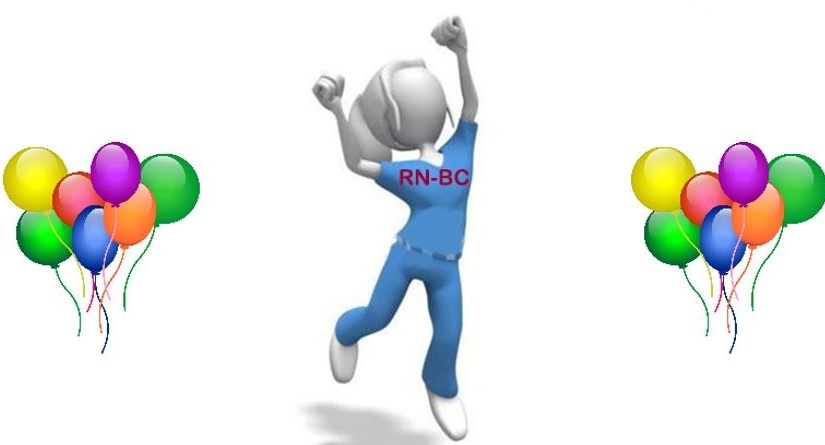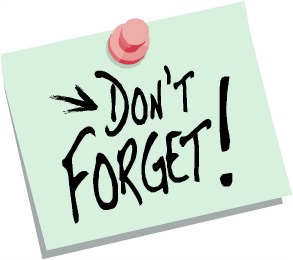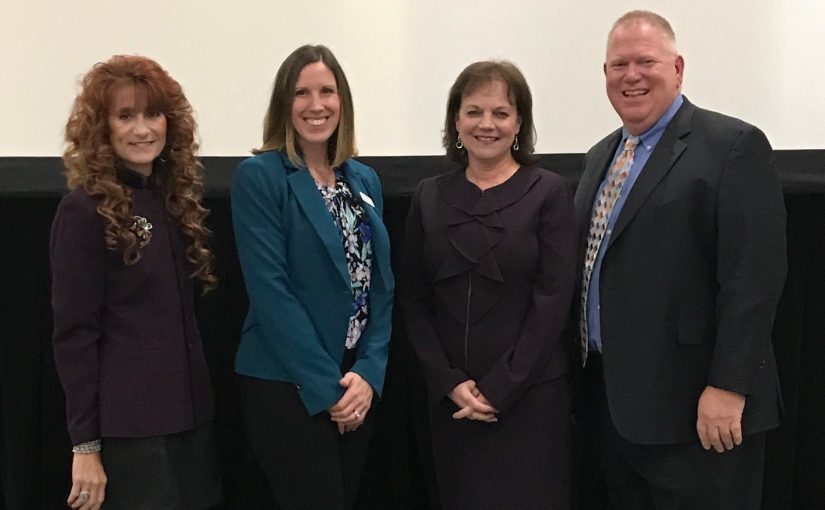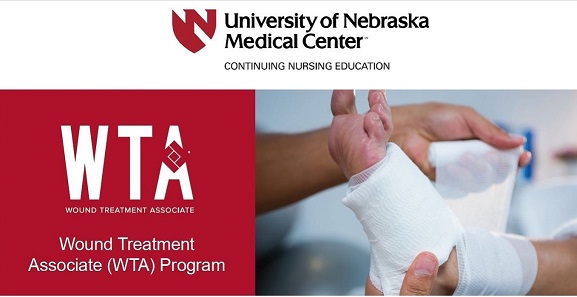Certified Nurses DayTM held annually on March 19, honors nurses worldwide who contribute to better patient outcomes through national board certification in their specialty. A registered nurse (RN) license allows nurses to practice. Certification affirms advanced knowledge, skill, and practice to meet the challenges of modern nursing
The American Nurses Credentialing Center (ANCC) offers certification in gerontological nursing – the gold standard in demonstrating clinical excellence in geriatric patient care. Less than one percent of RNs have this credentialing, so credentialed RNs help providers stand out in a highly competitive marketplace.
AHCA/NCAL encourages Members to recognize their credentialed RNs on March 19. If your RNs are not yet credentialed, take an important step on your quality journey by watching this video or going to the AHCA/NCAL Gero Nurse Prep Course (GNP) web site to learn more about this terrific course.
Save $100 off each enrollment when the promo code VBP2019 is used at the time of registration between now and 4/30/19.
To find out more about the Gero Nurse Prep program, email us at concne@unmc.edu or call 402-559-1990.






